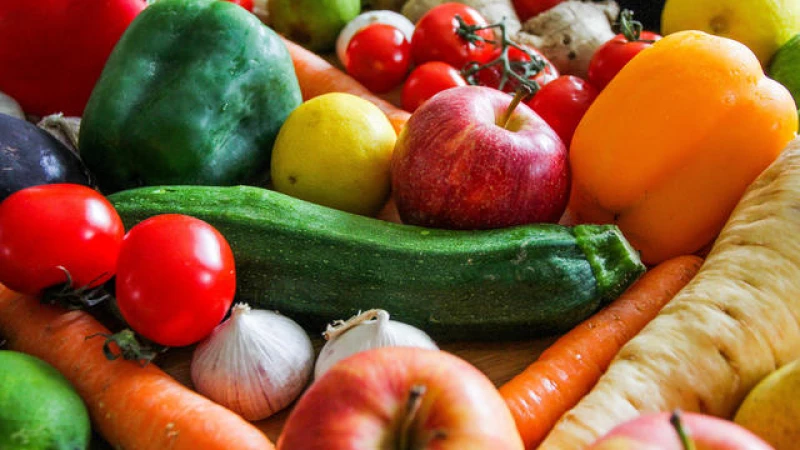A well-balanced diet consists of generous servings of fruits and vegetables, but unfortunately, some of the produce contains harmful levels of pesticides, as revealed in a recent study by Consumer Reports.
Out of 59 common fruits and vegetables examined, 20% were found to have significant pesticide risks, including bell peppers, blueberries, green beans, potatoes, and strawberries, according to the report published by the consumer advocacy group.
Consumer Reports conducted its most extensive analysis to date, reviewing seven years of data from the Department of Agriculture. The USDA tests a variety of conventional and organic produce grown in the U.S. or imported to the country annually for pesticide residues.
The study also highlighted that imported produce, particularly from Mexico, had a higher likelihood of containing unsafe levels of pesticide residues.
The good news? There's no need to worry about pesticides in almost two-thirds of produce, including nearly all of the organic fruits and vegetables examined.
The analysis found broccoli to be a safe bet, for instance, not because the vegetable did not contain pesticide residues but because higher-risk chemicals were at low levels and on only a few samples.
Health problems arise from long-term exposure to pesticides, or if the exposure occurs during pregnancy or in early childhood, according to James Rogers, a microbiologist who oversees food safety at CR.
CR advises that shoppers limit exposure to harmful pesticides by using its analysis to help determine, for instance, when buying organic makes the most sense, given that it's often a substantially more expensive option.
The findings do not mean people need to cut out higher-risk foods from their diets completely, as eating them every now and again is fine, said Rogers. He advised swapping out white potatoes for sweet ones, or eating snap peas instead of green beans, as healthy choices, "so you're not eating those riskier foods every time."
"The best choice is to eat organic for the very high-risk items," Rogers told CBS MoneyWatch, citing blueberries as an example where paying more translates into less pesticides. "We recommend the USDA organic label because it's better regulated" versus organic imports, he added.
Numerous workers experience illness due to pesticide poisonings annually, with research indicating that the occupational use of various pesticides is associated with an increased risk of health issues such as Parkinson's disease, breast cancer, and diabetes.







